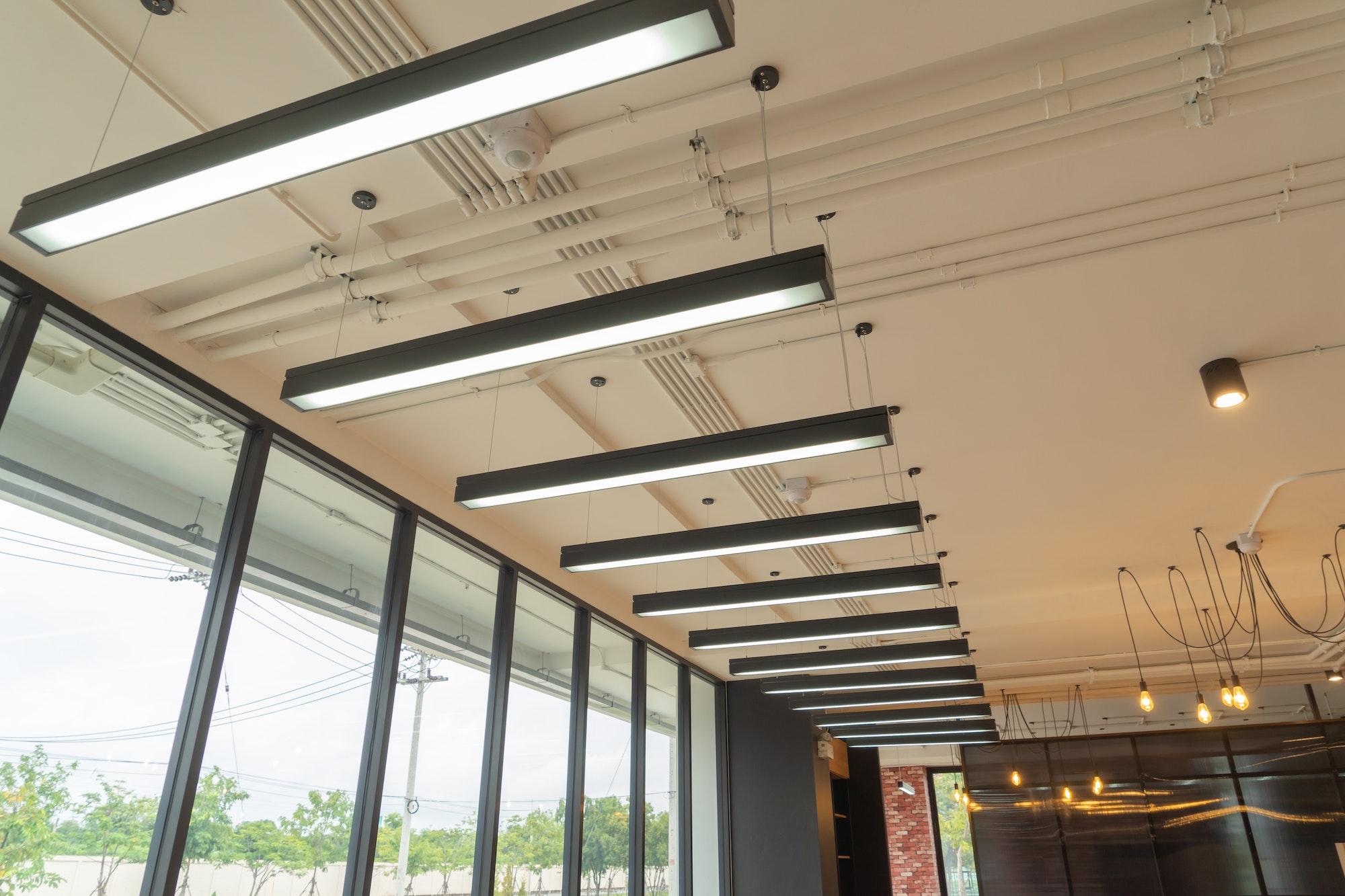
Freelancing vs Contracting is one of the most discussed subjects nowadays.
And in today’s gig economy, more and more people are choosing to ditch the traditional 9-to-5 job and pursue a career in freelancing or contracting.
Both options offer flexibility and independence, but there are key differences between the two.
In this article, we’ll explore the pros and cons of freelancing vs contracting, so you can make an informed decision about which path is right for you.
1. Freelancing vs Contracting: Understanding The Difference
Before we delve into the comparisons, let’s establish a clear understanding of what freelancing and contracting entail.
– Freelancing
Freelancing is like being an independent professional, where you offer your skills and services to multiple clients on a project basis.
As a freelancer, you are essentially your boss, setting your own schedule, and choosing the projects that interest you.
Whether you’re a writer, graphic designer, programmer, or consultant, freelancing offers an incredible degree of flexibility and freedom.
– Contracting
On the other hand, contracting involves working for a company or organization on a temporary basis, often for a specific project or a predetermined duration.
As a contractor, you are not a regular employee of the company but rather an external resource engaged for a particular task.
Contractors typically enjoy the benefits of steady work, and they may work onsite or remotely, depending on the nature of the project.
2. Burstiness in Freelancing
When it comes to perplexity and burstiness, freelancing shines with a delightful array of opportunities. Imagine starting your day working on a captivating blog post for a tech startup, followed by designing a logo for an eco-friendly fashion brand. The diverse range of projects as a freelancer keeps you engaged and inspired.
Embracing the Freelancer Lifestyle
Freelancers often find themselves living by the mantra, “Work hard, play hard.” With no fixed office hours, you have the freedom to create your schedule, allowing you to take a break and enjoy a sunny afternoon whenever you please. Burstiness comes into play when you juggle different projects, each with its unique demands and challenges. This varied workload keeps things exciting and ensures you’re constantly growing as a professional.
3. Perplexity in Contracting
When it comes to perplexity, contracting offers an entirely different yet equally intriguing experience. As a contractor, you dive deep into the heart of a specific project, allowing you to become intimately familiar with the industry and the company you’re working with.
Immersive Project Experience
Contracting gives you the chance to work closely with a team and contribute your expertise to a substantial endeavor. Whether it’s developing a groundbreaking mobile app or managing a large-scale marketing campaign, the depth of your involvement provides a profound sense of accomplishment and fulfillment.
4. Freelancing vs Contracting: The Rollercoaster of Income
While both freelancing and contracting can be financially rewarding, they differ significantly in how income flows in.
– Freelancing Income
Freelancers often experience bursts of income that may vary from month to month. One month you might land a lucrative contract, while the next month may bring leaner times. This unpredictability can be both exhilarating and challenging, requiring you to manage your finances wisely during peak times to sustain yourself during quieter periods. Having a freelancer invoicing software can also be very helpfull.
– Contracting Income
As a contractor, you usually have a more stable income. Contracts typically come with fixed compensation, ensuring a reliable paycheck throughout the project’s duration. This steadiness can provide peace of mind and make budgeting more straightforward, but it may lack the adrenaline rush that comes with freelancing’s financial ups and downs.
5. Freelancing vs Contracting or Freedom vs. Stability
At the core of the freelancing vs. contracting debate lies the balance between freedom and stability.
– The Freedom of Freelancing
Freelancers bask in the luxury of choice. You decide what projects to take on, which clients to work with, and how much you charge for your services. This autonomy grants you the freedom to shape your career as you see fit, aligning your work with your passions and values.
– The Stability of Contracting
Contractors, on the other hand, trade some of that freedom for stability. With contracted positions, you have a reliable source of income, and the project’s duration offers a sense of predictability. This stability can be appealing, especially if you have financial commitments or prefer a more structured work environment.
6. Freelancing vs Contracting: Finding Your Fit
In the end, the right choice between freelancing and contracting depends on your unique personality, work style, and career goals.
– Freelancing vs Contracting: The Bold Entrepreneur
If you thrive on independence and love charting your course, freelancing could be the perfect match. Therefore, as a freelancer, you are the captain of your ship, sailing into uncharted waters and exploring a sea of opportunities.
– Freelancing vs Contracting: The Team Player
Alternatively, if you enjoy being part of a team, contributing your expertise to significant projects, and gaining in-depth knowledge of a particular field, contracting may be your calling. As a contractor, you become a valuable asset in a larger puzzle, building something great together.
7. Pros and Cons of Freelancing
Pros:
- Freelancers have the freedom to choose their own projects and clients.
- Freelancers can set their own rates and negotiate their own contracts.
- Freelancers can work from anywhere, at any time, and do moonlighting jobs, as long as they meet the project deadlines.
- Freelancers have the opportunity to build a diverse portfolio of work.
Cons:
- Freelancers are responsible for their own taxes, health insurance, and other benefits.
- Freelancers may experience irregular income and uncertain job security.
- Freelancers must invest time and money in marketing themselves and finding new clients.
- Freelancers may face legal and financial risks, such as non-payment or disputes over contract terms.
8. Pros and Cons of Contracting
Pros:
- Contractors have the stability of a regular paycheck and benefits.
- Contractors may have access to resources and training through their staffing agency.
- Contractors may have the opportunity to work on long-term projects and build relationships with clients.
- Contractors may have access to a wider range of projects and industries through their staffing agency.
Cons:
- Contractors may have less control over the projects they work on and the clients they work with.
- Contractors may have less flexibility in their schedules and work arrangements.
- Contractors are typically employed by a staffing agency, which may take a cut of their earnings.
- Contractors may face limitations in their career growth and advancement opportunities.
9. FAQs: Answers to Common Questions About Freelancing vs Contracting
– How does the taxation differ between freelancing and contracting?
Taxation varies significantly between freelancing and contracting. Freelancers often handle their taxes as self-employed individuals, responsible for reporting and paying taxes on their earnings. In contrast, contractors may have taxes withheld by the company they work with, similar to regular employees. It’s essential to understand the tax implications of both options and consult a tax professional for personalized advice.
– Can one switch from freelancing to contracting, or vice versa, mid-career?
Yes, professionals can transition between freelancing and contracting at different points in their careers. Some freelancers may seek the stability and deeper engagement that contracting offers, while contractors might desire the flexibility and independence of freelancing. Indeed, such transitions are possible with proper planning, networking, and showcasing relevant skills and experience to potential clients or employers.
– How do freelancers and contractors deal with work-life balance challenges?
Both freelancing and contracting can present unique work-life balance challenges. Freelancers might struggle with setting boundaries and avoiding overworking, while contractors may face intense project timelines. To address these challenges, freelancers can create structured schedules and establish clear communication with clients to be happier and productive at work, while contractors can negotiate reasonable deadlines and seek support from project teams.
– Are freelancers or contractors more susceptible to client or employer disputes?
Indeed, both freelancers and contractors face the risk of client or employer disputes, but the nature of these conflicts may differ. Freelancers might encounter disagreements over project scope or payment issues, while contractors could face disputes regarding contract terms or project deliverables. To minimize conflicts, clear and detailed contracts are essential for both parties, outlining expectations and deliverables.
– Freelancing vs Contracting: Which option offers better networking opportunities?
Both freelancing and contracting present excellent networking opportunities, but the approach can vary. Freelancers often rely on networking events, online platforms, and social media to connect with potential clients and fellow freelancers. On the other hand, contractors may build their networks by collaborating closely with project teams, attending industry conferences, and engaging in company-sponsored events. Building a robust network in either field can lead to exciting opportunities and long-term professional relationships.
Conclusion
Both freelancing and contracting offer unique benefits and drawbacks. Freelancing provides more freedom and flexibility, but also requires more responsibility and risk.
Contracting offers stability and security, but may limit the freedom and autonomy of the worker.
Ultimately, the choice between freelancing and contracting depends on your personal preferences, skills, and career goals.
Therefore, consider your options carefully and choose the path that best aligns with your needs and aspirations. Also check our guide about Amazing Small Town Business Ideas You Will Love.










































